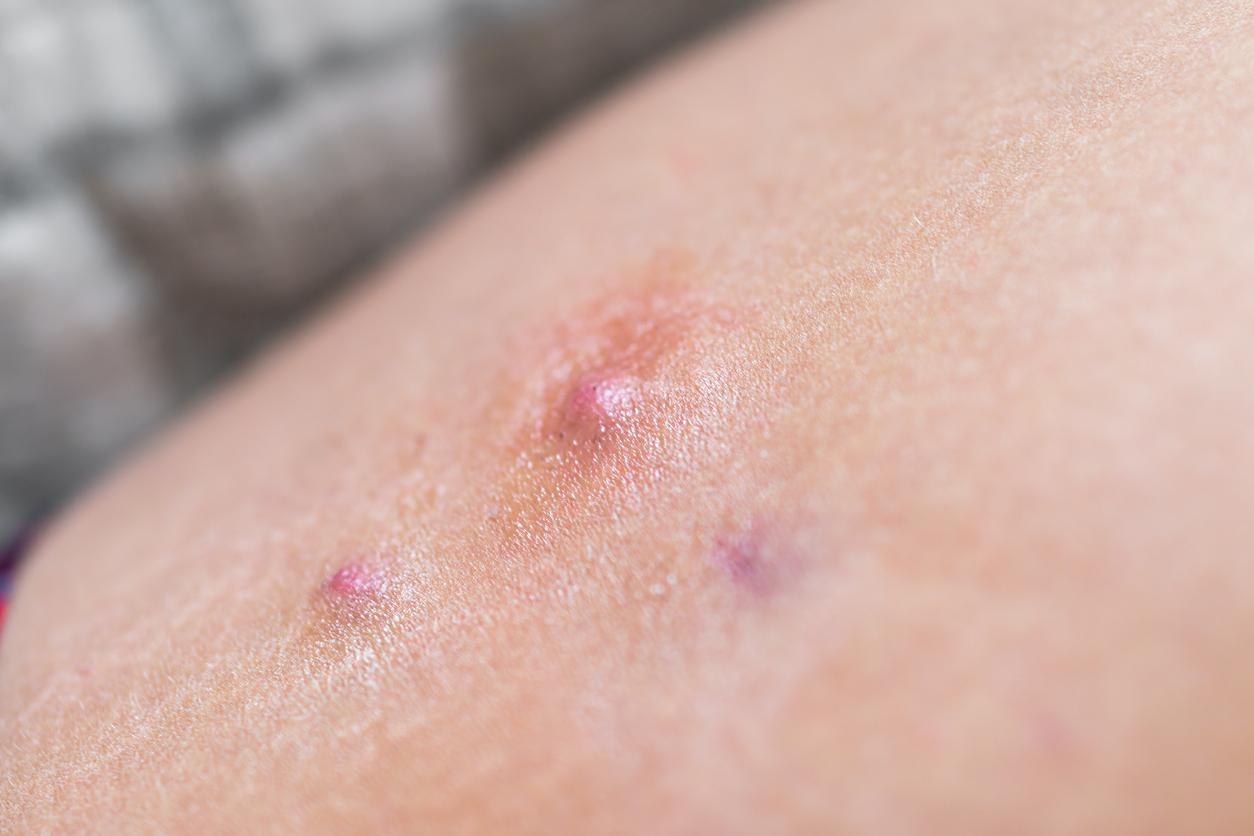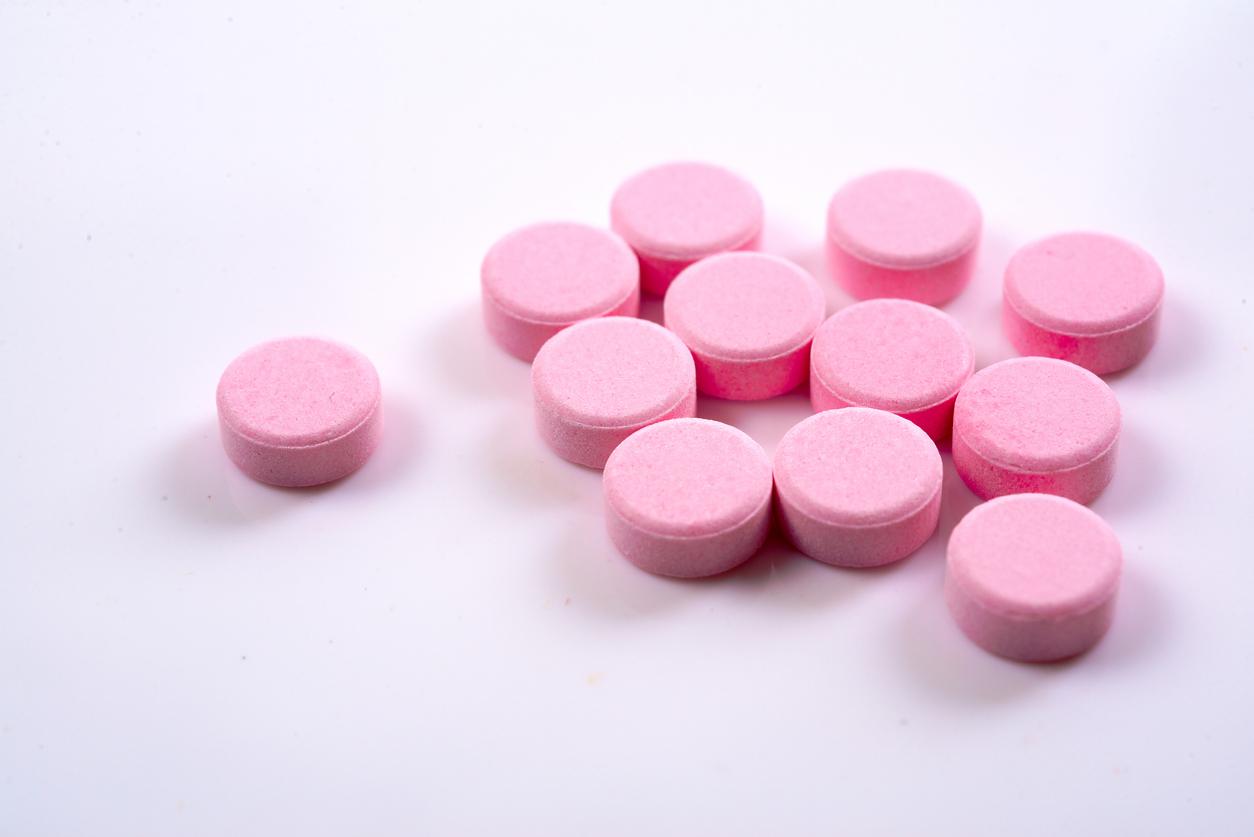Semaglutide – the ozempic molecule – may help relieve hidradenitis suppurativa, a common and chronic skin condition in obese people.

- A new study shows that semaglutide helps relieve hidradenitis suppurativa.
- It is a common and chronic skin condition. One in 100 people suffer from it worldwide.
- Researchers noticed that people who took semaglitude had fewer outbreaks of the disease.
Hidradenitis suppurativa (HS) is a skin condition characterized by the appearance of scars and painful abscesses in the armpits, groin, nipple area and anus. Obesity is one of the risk factors for this pathology which affects approximately one in 100 people worldwide.
A new therapeutic option presents itself for patients who cannot tolerate currently available treatments. Semaglutide – a molecule of the antidiabetic drug ozempic and the obesity drug wegovy – can help relieve this chronic dermatological inflammation, according to a new study.
Semaglutide: less frequent outbreaks of hidradenitis suppurativa
For this research presented at the European Academy of Dermatology and Venereology congress organized in Amsterdam from September 25 to 28, 2024, scientists followed 30 patients suffering from obesity and hidradenitis suppurativa. These volunteers took a weekly dose of 0.8 mg of semaglutide for an average duration of 8.2 months.
The evolution of their body mass index (BMI), their weight, the frequency of HS attacks, the Quality of Life Index (or DLQI) and pain levels before and after the start of treatment with semaglutide was measured. The researchers also looked at biochemical markers like C-reactive protein (CRP), glucose, and hemoglobin A1c (HbA1c) levels.
The data shows improvements on several points. The volunteers experienced fewer hidradenitis suppurativa flare-ups. The frequency of episodes increasing from an average of once every 8.5 weeks to once every 12 weeks. The DLQI index, for its part, rose from 9/30 to 13/30. “Of note, one third of patients achieved a reduction in DLQI score of four points or more, equaling or exceeding the minimum important differences for this index”specify the authors in their press release.
The volunteers also lost an average of 6 kilos and saw their BMI drop from 43.1 to 41.5. “Further positive changes were observed in the biochemical markers evaluated. HbA1c levels decreased from 39.3 to 36.6, indicating better glycemic control, while average CRP levels fell from 7.8 to 6.9, which means reduced inflammation.”

Hidradenitis suppurativa and semaglutide: encouraging results to be confirmed
“Our results suggest that semaglutide, even at modest doses, may offer substantial benefit in the management of HS. Although the drug’s role in promoting weight loss is well established, what is Of particular interest is its potential to also reduce the frequency of HS flares, thus contributing to the notable improvements observed in patients’ quality of life.”explains Dr Daniel Lyons, senior researcher at St Vincent’s University Hospital, Dublin.
Faced with encouraging data, he adds that larger randomized controlled trials must be carried out to confirm the results obtained and explore the impact of higher doses of semaglutide.
















